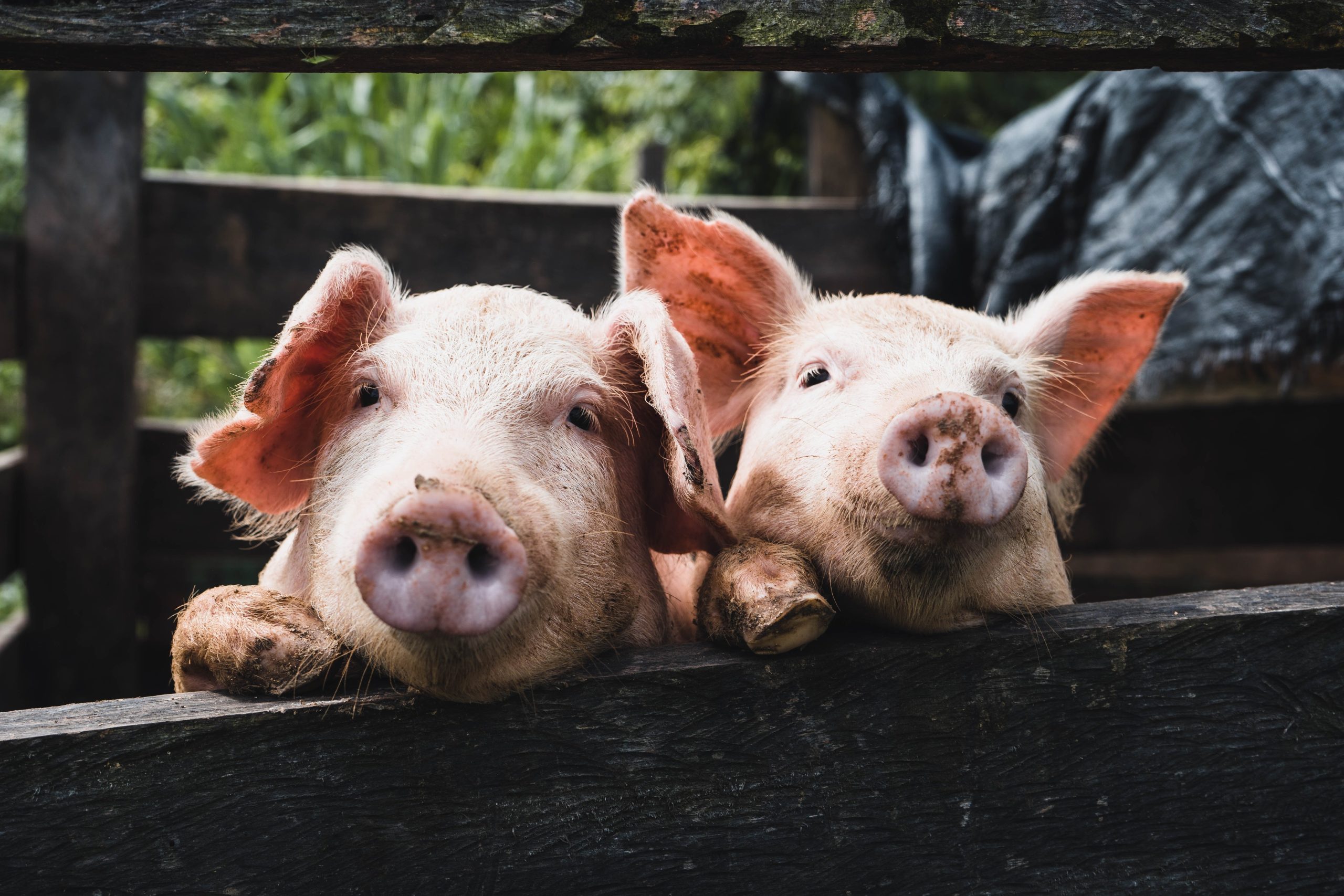Humanized Kidneys Successfully Grown in Pigs: A Breakthrough in Organ Research
Scientists have achieved a groundbreaking feat by growing humanized kidneys inside pigs, a development with immense potential for organ transplantation research. This remarkable achievement involves the creation of human-pig chimeric embryos, offering new possibilities in the field of organ growth.
The Breakthrough :
A Remarkable Feat in Organ Growth Research
In a pioneering scientific endeavor, researchers have successfully grown humanized kidneys within pigs. This remarkable accomplishment involves the creation of chimeric embryos, combining human and pig cells. When implanted into surrogate pig mothers, these embryos develop kidneys primarily composed of human cells, marking a historic milestone in organ growth research.
The Path to Success :
Overcoming Challenges in Growing Human Organs
Senior author Liangxue Lai, from the Guangzhou Institutes of Biomedicine and Health and Wuyi University, highlighted the significance of this achievement. While previous attempts to grow human organs in pigs faced challenges, this innovative approach improves the integration of human cells into recipient tissues, paving the way for growing human organs in pigs.

Challenges Ahead :
Limitations and Ethical Considerations
Although this breakthrough is significant, humanized kidneys aren’t immediately suitable for transplantation due to the presence of pig vasculature and nerves. Developing fully human organs using genetic engineering techniques remains uncertain. Professor Dusko Ilic from King’s College London acknowledges the progress but emphasizes the challenges and the need for time to find definitive solutions.
Humanized Kidney Development :
Balancing Human and Pig Cells
Beyond the kidneys, the chimeric embryos retained predominantly pig-cell dominance in other areas, raising ethical concerns about humanized brain development in hybrid organisms. Legal restrictions on such research exist in many countries, including the UK, where further development within an animal mother is prohibited.
The Research Breakthrough:
Overcoming Previous Hurdles
Prior attempts to create human-pig hybrids faced difficulties as pig cells often outcompeted human cells during development, resulting in predominantly pig-like chimeras. This recent research published in Cell Stem Cell overcame this challenge through genetic modifications in pig embryos, providing space for human embryonic stem cells to integrate.
Future Challenges:
The Road to Fully Human Organs
While the achievement of humanized kidneys is significant, developing fully human organs within pigs is a complex and lengthy process. Researchers face the challenge of engineering pigs more intricately to allow human nerves and vasculature to develop within the target organ without inadvertently generating a humanized brain, a theoretical obstacle that requires further exploration.
FAQs about Humanized Kidneys Successfully Grown Inside Pigs
Q1: Can these humanized kidneys be immediately used for transplantation?
A1: No, they are not suitable for transplantation due to the presence of pig vasculature and nerves.
Q2: What are the ethical concerns associated with this research?
A2: The development of humanized brain tissue in hybrid embryos raises ethical concerns and has led to legal restrictions in some countries.
Q3: How did researchers overcome the challenge of pig cells outcompeting human cells?
A3: Genetic modifications were made in pig embryos to create a suitable environment for human embryonic stem cells to integrate successfully.



